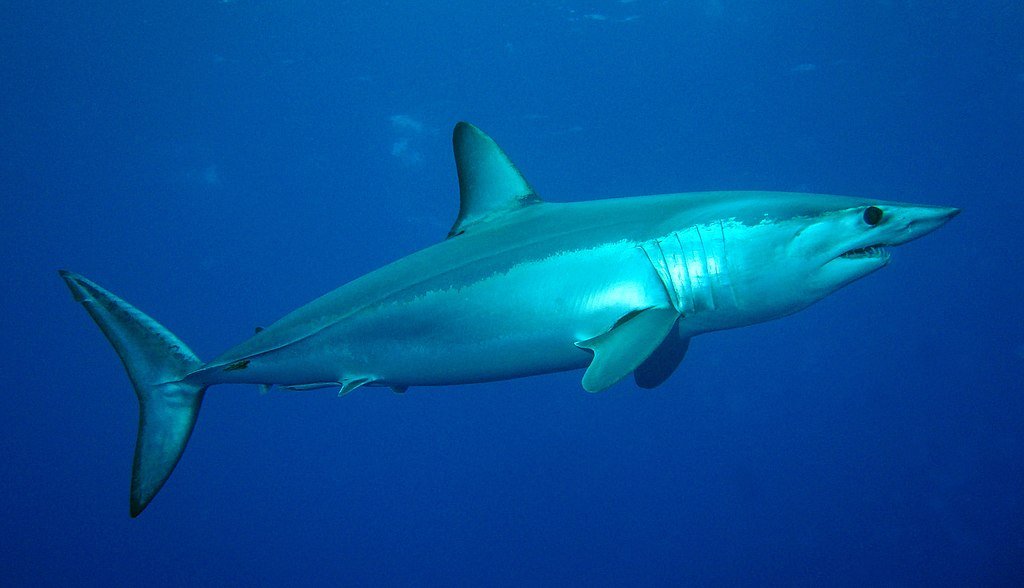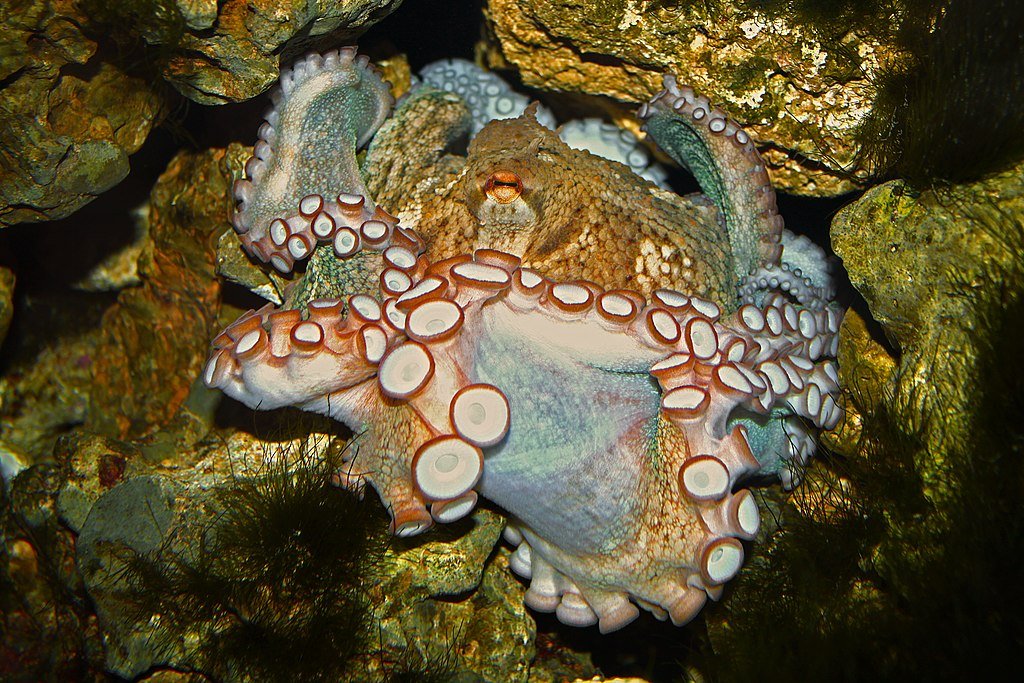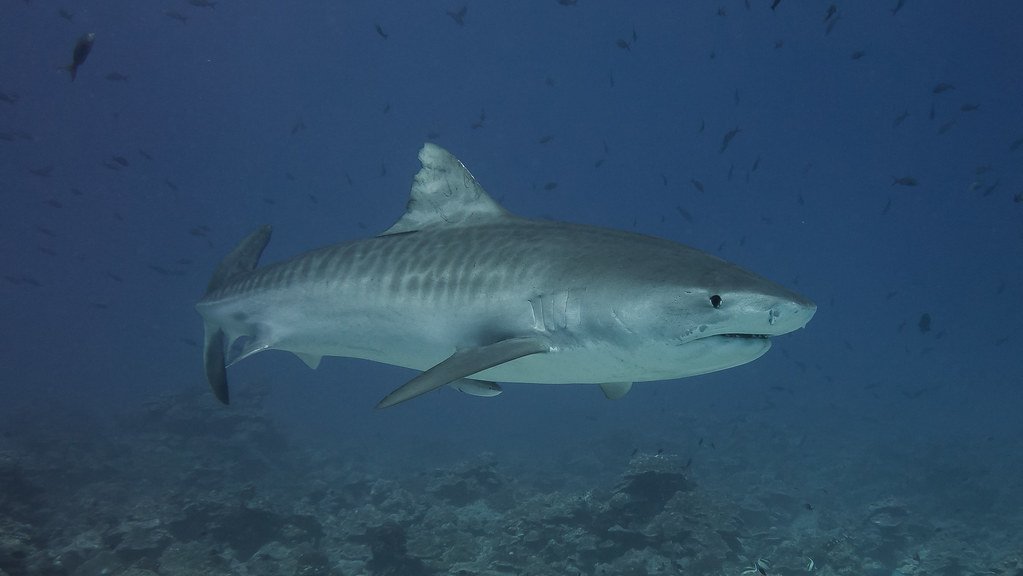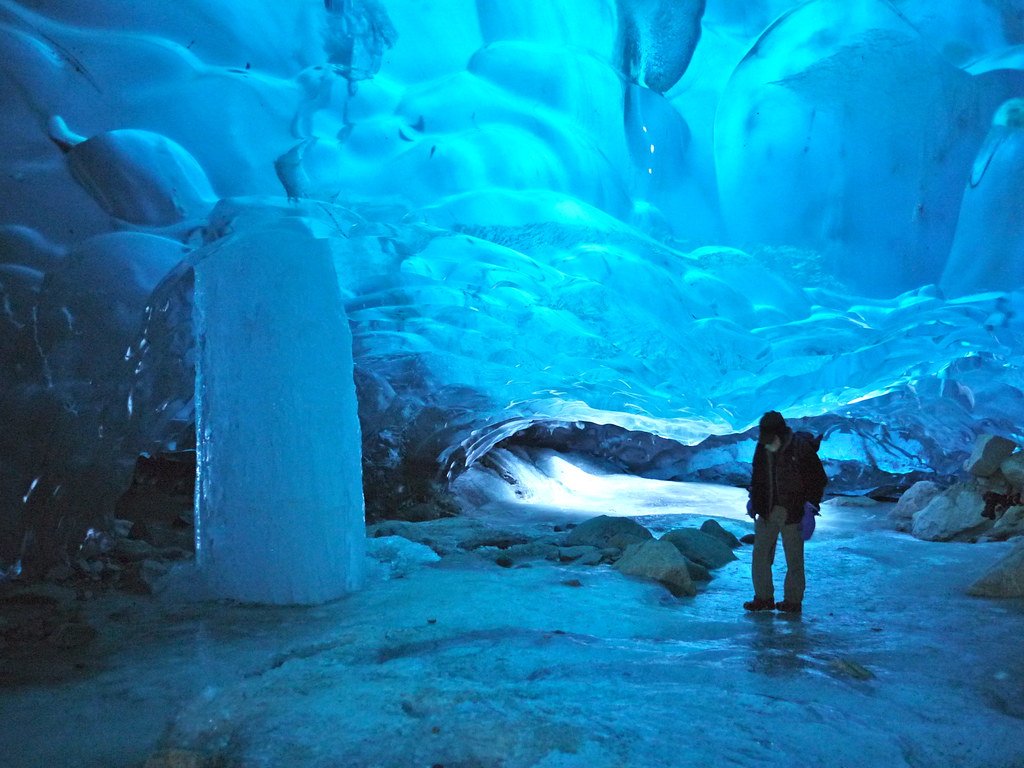Marine researchers recently captured a rare sight—an octopus clinging to a shortfin mako shark. This unusual interaction has sparked curiosity among scientists, shedding light on unexpected survival tactics in the ocean. While interactions between sharks and octopuses are known, direct physical contact like this is rarely documented. Understanding these moments can provide deeper insights into the behavior of marine species and their adaptive strategies.
The Remarkable Sighting

During an ocean expedition, researchers observed and recorded footage of an octopus firmly attached to a shortfin mako shark (Isurus oxyrinchus). As the fastest shark in the world, capable of reaching speeds of up to 45 miles per hour, the mako is an unlikely host for an octopus. Unlike remoras, which form symbiotic relationships with sharks, octopuses do not typically seek out such interactions. This raises questions about whether the octopus latched onto the shark intentionally or as a reaction to an external threat.
Possible Explanations

Scientists propose several theories to explain this behavior:
- Predator Evasion: The octopus may have used the shark as a moving shelter to escape from a predator. By attaching itself to a swift-moving host, it could quickly evade danger in open waters.
- Opportunistic Hitchhiking: Some marine animals latch onto a larger creature for transportation. Though common species like remoras, this behavior is rarely observed in cephalopods.
- Defensive Strategy: Octopuses rely on ink clouds, camouflage, and tight hiding spots for defense. Clinging to a fast-moving might have been a last resort when other methods were unavailable.
- Feeding or Exploration: It is also possible that the octopus was using the shark to access food or explore new areas of the ocean, though this remains speculative.
Scientific and Ecological Implications
This rare event highlights the complexity of marine ecosystems and interspecies interactions. Studying these behaviors can help scientists understand predator-prey relationships, adaptations, and the resilience of marine life. Further research may uncover whether similar interactions occur more frequently than previously thought but remain undocumented due to the vastness of the ocean.
Conclusion
The sight of an octopus riding a mako shark demonstrates the unpredictability of marine life. With advancing technology and underwater exploration, scientists hope to capture more of these rare interactions, offering new insights into the ocean’s hidden wonders. As research continues, we may uncover even more surprising behaviors that challenge what we know about marine species and their survival strategies.
Source:





